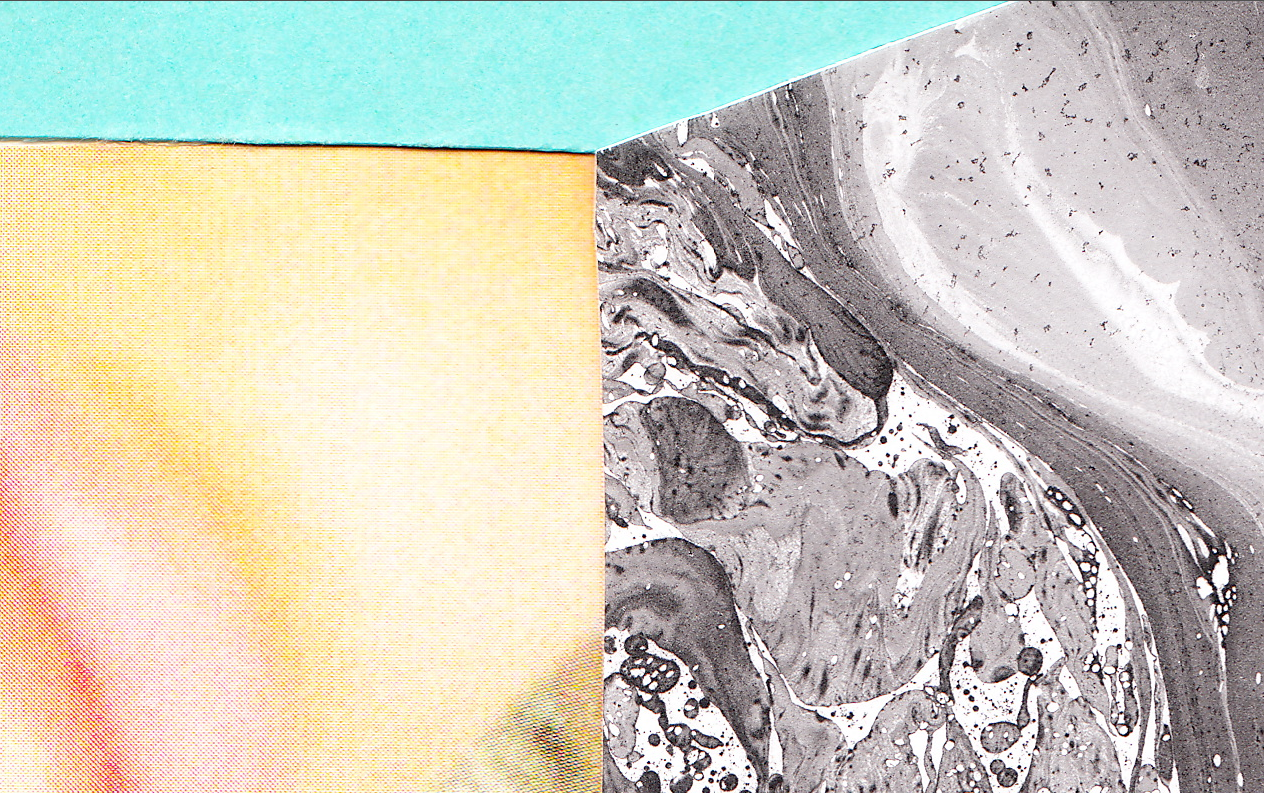
Green is far more than just part of the colour wheel. Green is ecology, green is nature, green is recycling. Now, I'm not trying to make out that I am some sort of ambassador for Mother Nature; all I'm saying is that I like to do my bit for the environment. Apart from separating the cardboards from plastics at home, and occasionally putting a can in those special bins, I really am no saint. But, over the past few months I have come to realise that I actually lend more to the cause than I first led myself to believe. It was something that slipped under the radar, modest and undervalued: charity shopping.
Charity shops are a hub of society; they form communities and bring together generations. They are eclectic treasure troves dressed as humble meeting places for our seniors: a cunning disguise. I have been looking through charity shops for a couple of years now, ever since I overcame my snobby perception of second-hand goods as soiled or damaged. The temptation of rummaging around a basket of trinkets, in the hope of coming across something strange and beautiful is now often hard to resist. There is no guarantee one will find anything of great monetary worth, but it is sometimes equally valuable to dig out something that jogs nostalgia or pulls at your sentimental strings. For me, the experience of charity shops is not just in the unpredictability, but also the memories from childhood it brings back about visiting the bootsales with my parents on bitter November mornings in the local farmer's fields. Friendly competition, bartering, the exchanging of anecdotes; the sense of goodwill is what attracts me to this kind of place.
The majority of my pocket money used to get spent on Pokémon cards and Pogz, which were pretty much standard toys of preference in the mid 90s. I am actually convinced that I still have a holographic Charizard somewhere. Recently, I have grown up a bit and moved onto matchbooks. Collecting things is a habit I picked up from antique collectors from the bootsales, except my compilations aren't worth nearly as much Royal Doulton tea sets or samurai swords. In fact, I'm a bit of a hoarder. In my room I even have a drawer specifically for ordnance survey maps. Like, if we ever got lost in Gloucester or Islamabad, I'd be the man everyone turns to. Honestly, I keep everything. Just in case. I decided to save the tags from some of the clothes I bought in charity shops just as mementos, I guess.
Now, these labels are not particularly amazing exhibitions of graphic design, neither are they hugely inspiring as a collection, but they record a specific moment in time, data translation. They relay to us the volunteer's valuation of an object at the moment of contact, an individual's personal assessment of the monetary worth. To the charities, this is money that can be filtered into funds for medical equipment, excursions, even something as simple as a bed for a night. But to the environment, this process of recycling is invaluable.


2 comments:
i sometimes wish i didn't have the vocabulary of a six year old. literature - kudos.
thats a nice piece of writing there sean,
well done!
Post a Comment